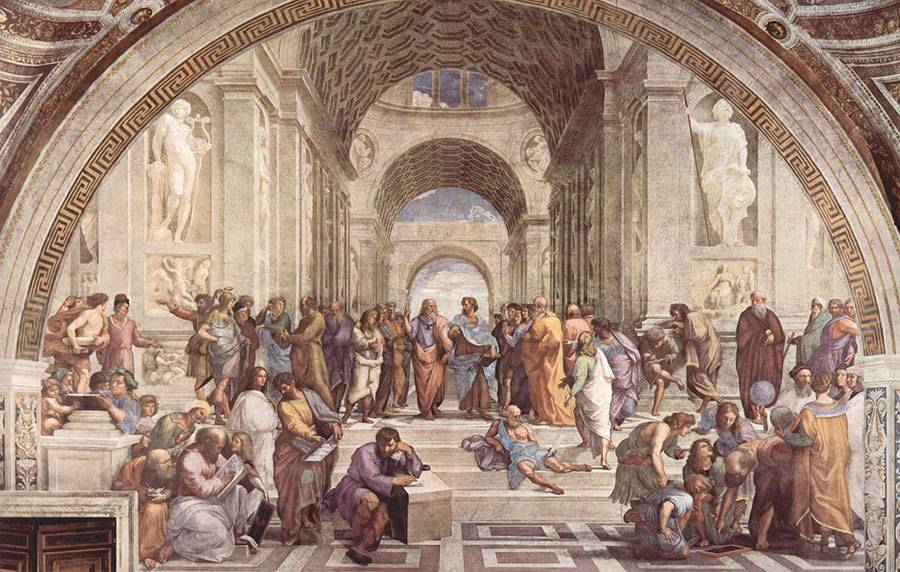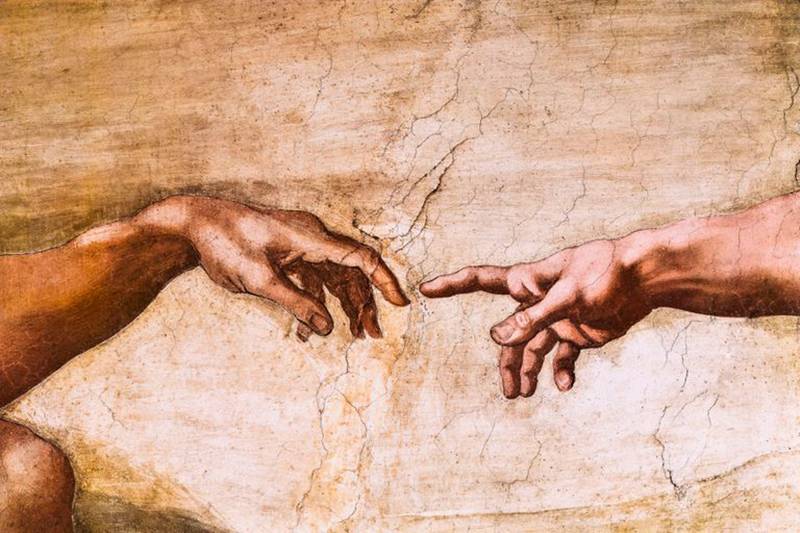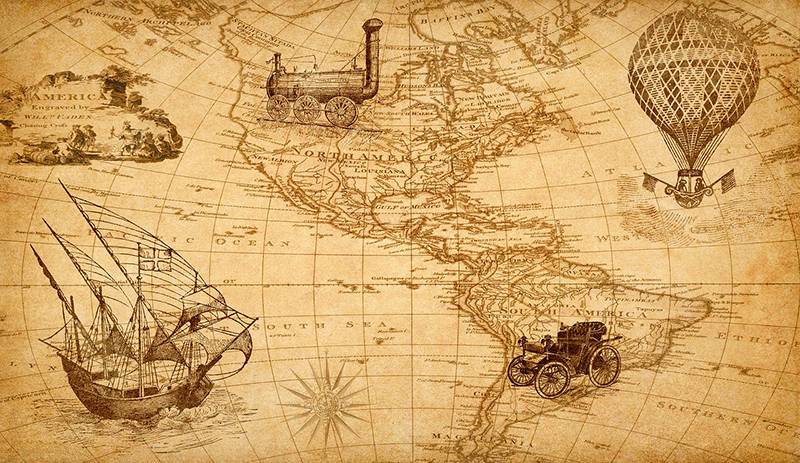|
|
 | |  |
 |
Entries in category: 6
Shown entries: 1-6
 It turns out that Ancient Rome wasn't just philosophers, gladiators, and theaters. The Romans left many mysteries, and some of their traditions are definitely not something we'd learn about in history class. It turns out that Ancient Rome wasn't just philosophers, gladiators, and theaters. The Romans left many mysteries, and some of their traditions are definitely not something we'd learn about in history class. |
 The Renaissance, derived from the French word "Renaissance," represents a period in European history marked by numerous cultural transformations. The Renaissance succeeded the Middle Ages and served as a transitional phase between the medieval period and the Age of Enlightenment. The Renaissance, derived from the French word "Renaissance," represents a period in European history marked by numerous cultural transformations. The Renaissance succeeded the Middle Ages and served as a transitional phase between the medieval period and the Age of Enlightenment.
In this article, we aim to briefly highlight the key aspects of the Renaissance era and share interesting facts about this historical period.
|
 According to archaeological data, during the Neolithic period, humans could not drink animal milk because they lacked the gene necessary to digest lactose. This ability came to our ancestors later through a genetic mutation, though even now, quite a few people lose the ability to digest milk in adulthood. According to archaeological data, during the Neolithic period, humans could not drink animal milk because they lacked the gene necessary to digest lactose. This ability came to our ancestors later through a genetic mutation, though even now, quite a few people lose the ability to digest milk in adulthood. |
 The mighty civilization of Ancient Egypt thrived for several millennia and stood as one of the most advanced regions of the world. While ancient Europe was populated by scattered settlements of barbarians, a vast kingdom flourished on the banks of the Nile. Enough information has survived to this day about the ancient Egyptians to properly appreciate all the peculiarities of this country that disappeared long ago. The mighty civilization of Ancient Egypt thrived for several millennia and stood as one of the most advanced regions of the world. While ancient Europe was populated by scattered settlements of barbarians, a vast kingdom flourished on the banks of the Nile. Enough information has survived to this day about the ancient Egyptians to properly appreciate all the peculiarities of this country that disappeared long ago.
|
 On October 12, 1492, in the early cold morning, a sailor on the caravel "Pinta," one of Christopher Columbus's three ships, saw the outlines of a coast through his spyglass and joyfully shouted, "Land!" Neither Columbus nor any of his crew members could have imagined that this event would go down in history as the day of the discovery of a new, yet unknown to Europeans, part of the world — America. On October 12, 1492, in the early cold morning, a sailor on the caravel "Pinta," one of Christopher Columbus's three ships, saw the outlines of a coast through his spyglass and joyfully shouted, "Land!" Neither Columbus nor any of his crew members could have imagined that this event would go down in history as the day of the discovery of a new, yet unknown to Europeans, part of the world — America.
|
 The city of Babylon was the capital of ancient Babylonia, located in Mesopotamia. It is believed to have been founded no later than the 3rd millennium BCE and fell into decline by the beginning of the Common Era, eventually being destroyed. The city of Babylon was the capital of ancient Babylonia, located in Mesopotamia. It is believed to have been founded no later than the 3rd millennium BCE and fell into decline by the beginning of the Common Era, eventually being destroyed.
|
|  |
 | |  |
|
|





